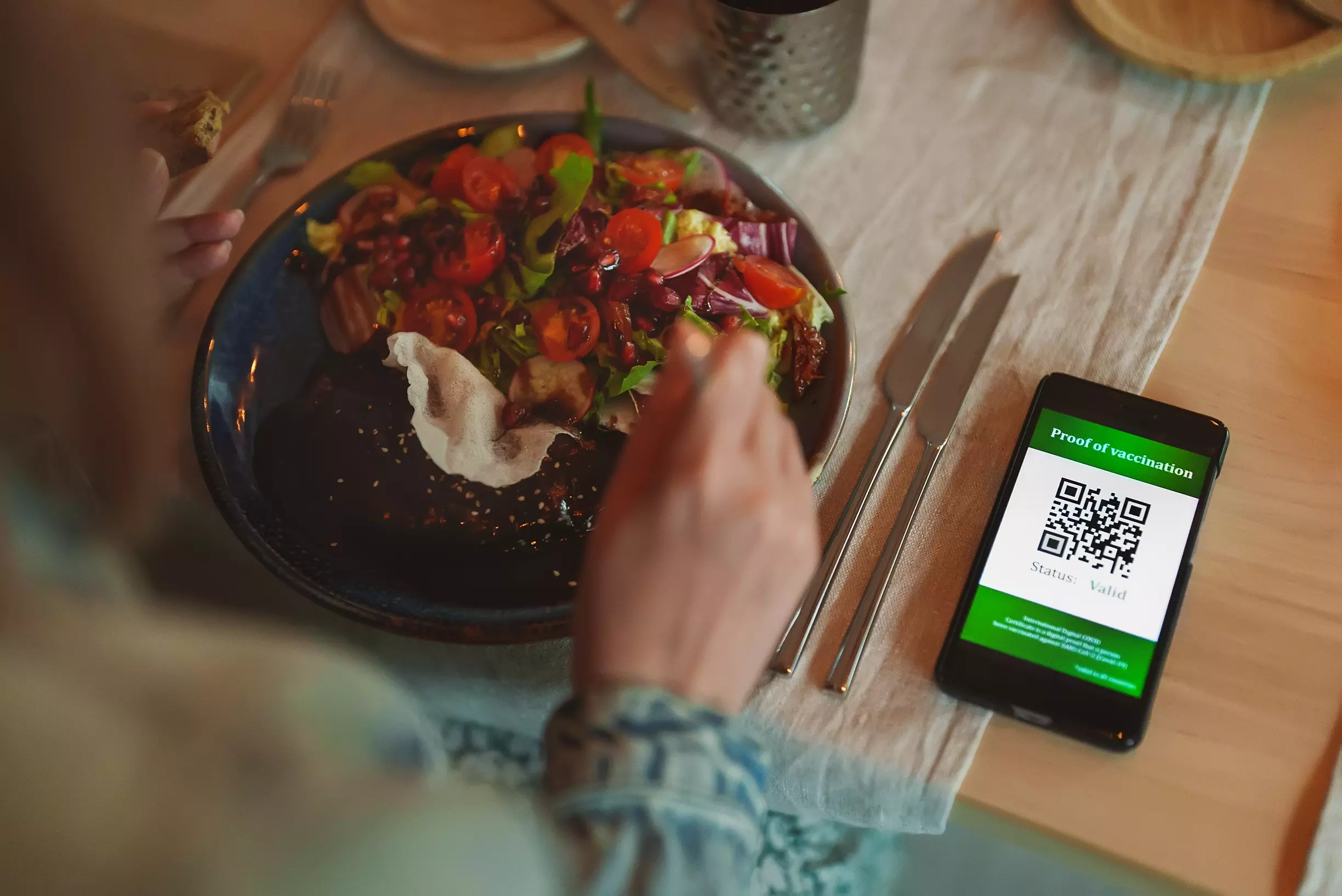Despite the third wave, F&B in India remains hopeful that the worst is over
5 chefs, restauranteurs and experts from across India weigh in on the developing situation with Covid19 and its impact on the industry
- By Suman Mahfuz QuaziLoading...
- | 14 Jan 2022 1:23 PM IST
 X
X
As we speak, multiple restaurants across the country are grappling with new restrictions and a visible drop in footfalls, for the third time since the virus broke out. This could mean different things for different types of businesses, depending on their nature, location and so on.
Chef and restaurateur Urvika Kanoi, who owns Cafe Daily in Kolkata and Cafe Duco in Mumbai, for instance, feels that the situation is beginning to look a little bit like, "The beginning of the end." In Kolkata, cases are multiplying and a general fear still seems to persist among patrons, she confirms. "Also, many are quarantining. So, that means additional decline in footfalls. As long as our fixed costs, such as rent, remain the same, with no respite from the government and a steady downfall in numbers, this could be a nail in the coffin for many small businesses that don't have external financial backing. But we'll have to wait and see," she opines, adding that there is hope, given that things are better than the first two waves.
Chef and owner of Mahe in Goa, Sandeep Sridharan is hopeful too. "This wave, particularly, is a wait-and-watch kind of scenario. Everybody is obviously panicking and footfall has definitely come down because the infection has been rampant. But if most of the infections are mild, this could pass soon," he weighs in, adding that observationally, he thinks the fear factor has subsided in Goa and people are walking into restaurants.
"New Guidelines" • if these words bring flashbacks of 2021, you're not alone. Nothing has caused more collective anxiety.
— Prateek Sadhu (@PrateekSadhu) January 12, 2022
Two years into the pandemic, you'd think we'd have better policies to govern the new normal — and yet, we're talking about lockdowns, job losses etc etc pic.twitter.com/1HLY7oaKXo
Leaning in on this, Mumbai-based restaurateur from Food Matters, Gauri Devidayal says, "The strategy that we put in place over the last two years to counter the uncertainty with restaurants is to have a strong delivery presence. We've seen an uptick in deliveries over the last 10 days, but people are still coming out." As a way forward, she suggests to those that have been through the last two cycles, to consider remoulding their business plan keeping into account more lockdowns and restrictions, negotiate on their fixed costs, and if possible, diversify too.
Chiming in, Karan Tanna, Founder and CEO of Ghost Kitchens, a cloud kitchen brand, says, "After the first wave, the restaurant industry has realised the importance of delivery and a lot of big groups have diversified too, such as The Table, The Bombay Canteen and Burma Burma, which has also launched a ready-to-eat line. Restaurants need to calibrate delivery sales within their PNL [profit and loss] and engineer menus, keeping delivery in mind."
One would assume that in the capital, where the government has ordered restaurants to shut down, the tenor would be grim. But there too, hope seems to have prevailed. Partner and chef at Delhi-based Pass Code Hospitality, Rahul Gomes Pereira, shares, "We're back to where we were in the first lockdown, but there's a lot of data coming out that indicates that this won't be a very prolonged wave." He adds that over the course of the last two waves, businesses have witnessed a big pent up demand for dining out, which could be a good thing.
So all in all, while this wave is throwing challenges at the industry, it seems to be diffident in remaining cautiously optimistic. In other words, the worst is perhaps over and thank god for that.

Suman Mahfuz Quazi
Suman Quazi believes that while food is cultural, societal and intellectual, it is also deeply personal and is keen in contributing towards a dialogue around food in India that's meaningful. Her work has appeared in leading Indian publications like Midday, Living Foodz, Zee Zest, Deccan Chronicle, 101India and DailyO.


